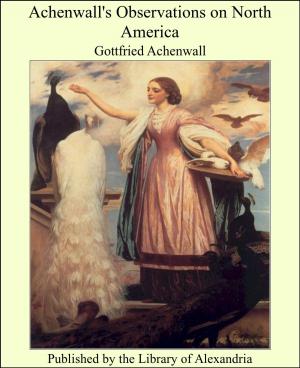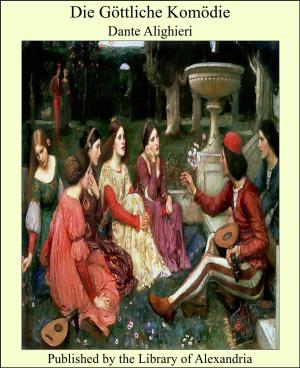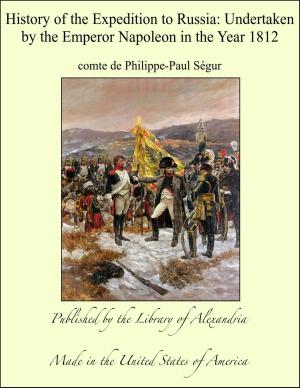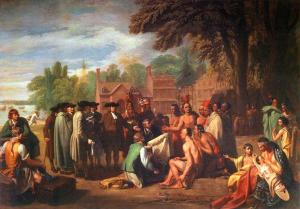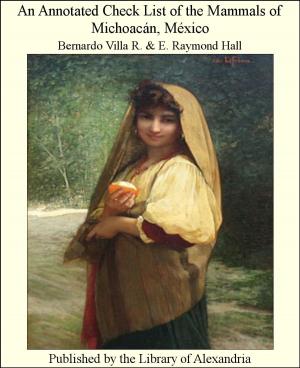The Bad Child's Book of Beasts
Nonfiction, Religion & Spirituality, New Age, History, Fiction & Literature| Author: | Hilaire Belloc | ISBN: | 9781465529930 |
| Publisher: | Library of Alexandria | Publication: | March 8, 2015 |
| Imprint: | Language: | English |
| Author: | Hilaire Belloc |
| ISBN: | 9781465529930 |
| Publisher: | Library of Alexandria |
| Publication: | March 8, 2015 |
| Imprint: | |
| Language: | English |
This work is ascribed, on its own internal authority, to Asser, who is said to have been Bishop of St. David’s, of Sherborne or of Exeter, in the time of king Alfred. Though most of the public events recorded in this book are to be found in the Saxon Chronicle, yet for many interesting circumstances in the life of our great Saxon king we are indebted to this biography alone. But, as if no part of history is ever to be free from suspicion, or from difficulty, a doubt has been raised concerning the authenticity of this work. (1) There is also another short treatise called the Annals of Asser, or the Chronicle of St. Neot, different from the present: it is published in vol. iii. of Gale and Fell’s “Collection of Historians”. And it has been suspected by a living writer that both of these works are to be looked upon as compilations of a later date, the arguments upon which this opinion is founded are drawn principally from the abrupt and incoherent character of the work before us. But we have neither time nor space to enter Further into this question. As the work has been edited by Petrie, so has it been here translated, and the reader, taking it upon its own merits, will find therein much of interest about our glorious king, concerning whom he will lament with me that all we know is so little, so unsatisfying
This work is ascribed, on its own internal authority, to Asser, who is said to have been Bishop of St. David’s, of Sherborne or of Exeter, in the time of king Alfred. Though most of the public events recorded in this book are to be found in the Saxon Chronicle, yet for many interesting circumstances in the life of our great Saxon king we are indebted to this biography alone. But, as if no part of history is ever to be free from suspicion, or from difficulty, a doubt has been raised concerning the authenticity of this work. (1) There is also another short treatise called the Annals of Asser, or the Chronicle of St. Neot, different from the present: it is published in vol. iii. of Gale and Fell’s “Collection of Historians”. And it has been suspected by a living writer that both of these works are to be looked upon as compilations of a later date, the arguments upon which this opinion is founded are drawn principally from the abrupt and incoherent character of the work before us. But we have neither time nor space to enter Further into this question. As the work has been edited by Petrie, so has it been here translated, and the reader, taking it upon its own merits, will find therein much of interest about our glorious king, concerning whom he will lament with me that all we know is so little, so unsatisfying


